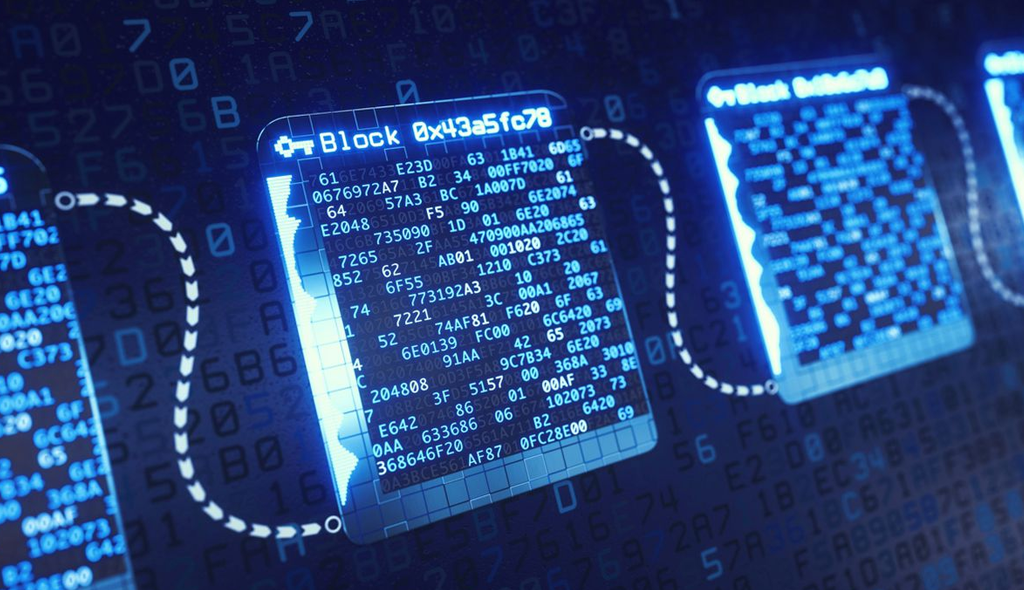
Blockchain is an anonymous, un-hackable, and decentralized ledger. The technology has been in existence for nearly ten years. Blockchain, or distributed ledger technology, is the underlying force behind bitcoin. It is decentralized so that the transactions are recorded across millions of computers and hard drives. Each block of data is linked to a previous block of data or chained together. The transaction is synchronized, and all nodes reflect the updated data as it occurs. Once a transaction is validated, the transaction or asset is theoretically unchallengeable because it would be nearly impossible to change all records throughout the chain at the same time.
Blockchain technology for Law Firms
Blockchain technology is the most transformative technology to emerge since the internet. This is set to affect most aspects of day to day business life, including smart contracts, criminal cases, dispute resolution, document notarisations, intellectual property rights, land registries and property deeds and public service records. Lawyers are involved in all these areas so exploring new legal applications in blockchain is also within our goals to bring technology to bear on pursuing a client’s best interest.
Smart Contracts
Smart contracts are blockchain’s version of traditional contracts. They are self-executing, with the terms being written in code. A smart contract is programmed to execute actions upon completion of certain criteria. With smart contracts, many of the intermediary services of contract implementation, including brokers and agents, are no longer needed. A smart contract is auto sufficient in that it executes the terms of the contract on its own, according to its programming, including distributing or collecting money. Trust is one of the issues that smart contracts overcome. If an agreed upon action is not undertaken, then the code simply will not execute the agreed upon remuneration.
Criminal Cases
The criminal justice system is an area of government that would benefit greatly from blockchain technology. This complex, document-heavy system needs to be brought into the 21st century. Records created by blockchain could be shared among all the players in the system, from law enforcement officers to parole officers. Changes in a defendant’s legal status would be documented instantaneously. Interested members of the public, such as victims, could also keep abreast of the status of defendants.
Dispute Resolution
There are several areas in dispute resolution that can be improved. Traditional dispute resolution is costly, time intensive and complex. Proceedings often cross jurisdictional boundaries, and there is the possibility of bias. A participant cannot choose the rules; rather, the rules depend on the particular jurisdiction. However, smart contracts could have clauses that foresee these types of problems. At least two companies are already using smart contracts and juries to resolve disputes.
Document Notarisations
Startup companies Stampery, Stampd, and Blocksign use blockchain to offer notary services. Using these services can provide proof of the existence of a document at a given time. It can prove ownership of a blockchain hash. Once hashed, the document is independently verifiable.
Intellectual Property Rights
With the advent of the Internet, maintaining and enforcing intellectual property rights has become an almost impossible feat. Artists, authors and inventors’ livelihoods are being put in jeopardy. However, blockchain can provide evidence of creation, first use, and rights management. Blockchain can also track distribution. Binded, Pixsy, TinEye, and Mediachain are websites that will allow for the registration of material, further making the lawyer’s job easier. These types of sites will assist in both preventing copyright infringement and enforce mitigation by providing a time-stamped copy of the work in question (among other abilities), which will aid the plaintiff when the issue is brought before a court. Rights management can be made easier through blockchain technology, in particular, through smart contracts. Using these types of the blockchain, a lawyer will be able to set up terms of sale and licensing of intellectual property. Licenses would be self-executing upon use. Artists can also use smart contracts for getting paid.
Land Registry and Property Deeds
Blockchain has made its way into land registries and property deeds. To date, blockchain is having the most effect on MLS data, title records, and transactions. Today, MLS data information is notoriously out of date, decentralised, and restricted. By bringing blockchain to the MLS, everyone could be looking at the same data, accurately depicted and up to date. This would encourage more collaboration among brokers as well as an increase in property sales. Finally, real estate transactions will be transformed into an efficient and secure process. Financial information can be safely shared with concerned parties. Funds will not be released until the transaction is officially completed.
Public Service Records
To serve the public, governments must gather, maintain, and store an incredible amount of information. Much of this information is kept on paper while digital acquisition and storage is becoming more frequent. Because there are so many variables and forms involved, unnecessary errors tend to creep in. To better serve the public, systems must be efficient in delivering services and be as error-free as possible. Systems must engender trust. Because Blockchain is an immutable, anonymous, un-hackable, and decentralized ledger system, governments are looking into the technology to solve some of these concerns. Once on the blockchain, public records will be far easier to search. Records such as birth and death certificates, marriage and divorce documents, driver’s licenses, and passport information could all be located on the public blockchain quickly and accurately.


